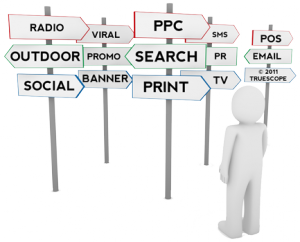Our CEO Steve Shaheen was recently invited to speak at Harvard Business School’s 19th Annual Venture Capital and Private Equity Conference on March 1-2 in Boston. The conference hosted over 100 panelists and moderators, including key speakers Leon Black, Founder of Apollo Group Management; Stephen Pagliuca, Managing Director at Bain Capital and Co-Owner of the Boston Celtics; and Joel Cutler, Managing Director and Co-Founder of General Catalyst Partners. The theme “Navigating Change, Discovering Value” provoked attendees to consider future opportunities amidst the uncertainty of today’s economy.
With extensive operating and investing experience in emerging technology and media companies, Steve was asked to speak on the “Managing a Private Equity-Owned Company” panel.
Moderated by Professor William Sahlman – Harvard Business School’s Senior Associate Dean for External Affairs, Sahlman questioned the panelists to explore how operations are different in a company backed by a Venture Capital or Private Equity fund. Steve highlighted the importance of consistently delivering weekly Key Performance Indicators (KPIs), stating William Demming’s quote we all live by at Medintro “In God we trust, everyone else bring me data.” This consistency in metric-driven data provides him with leading indicators into the company’s financial health and promotes a culture that encourages accountability and excellence. When it comes to culture, Steve jumped on another famous quote, this time from Peter Drucker: “Culture eats strategy for breakfast.” Steve believes culture is king and extends just as much to the Board of Directors; he is strongly committed to treating the Board as a strategic partner rather than simply a reporting channel.
Steve is a Harvard Business School MBA graduate and Baker Scholar (top 5% of class) and was joined by thought-leading private equity and venture capitalists from companies like Facebook, KKR, Bain Capital, TA Associates, Carlyle, and Warburg Pincus.





